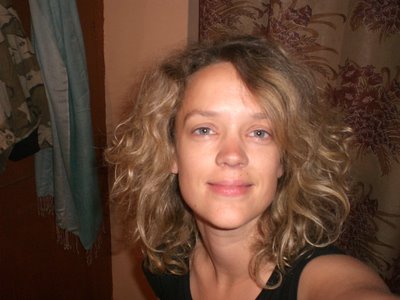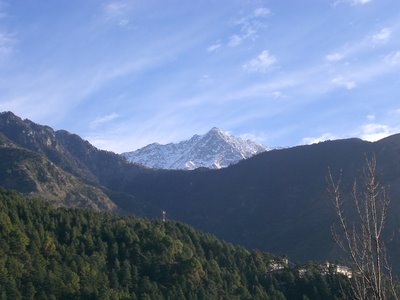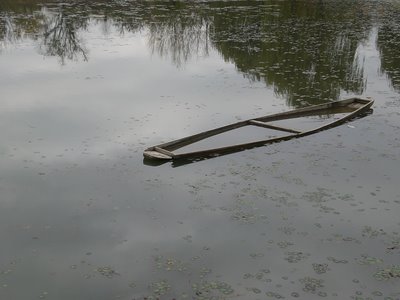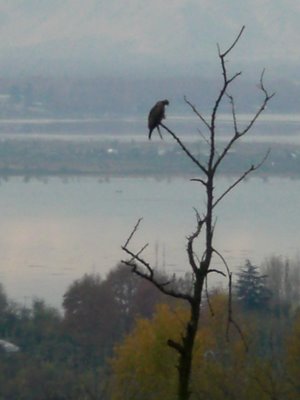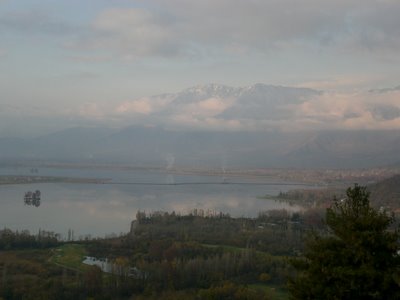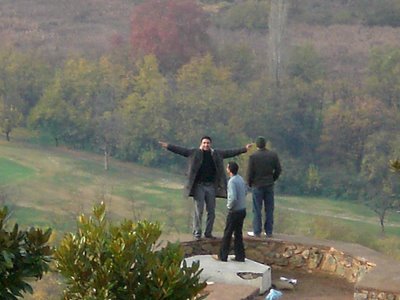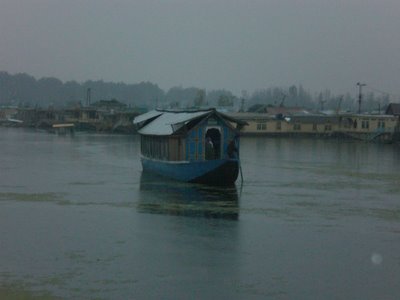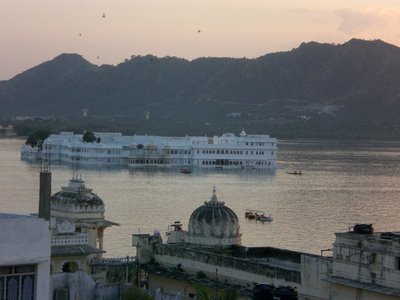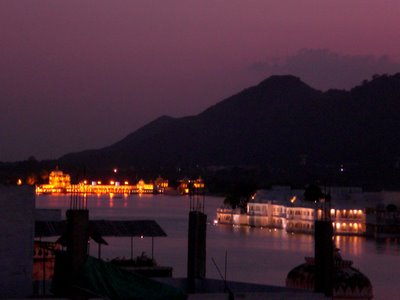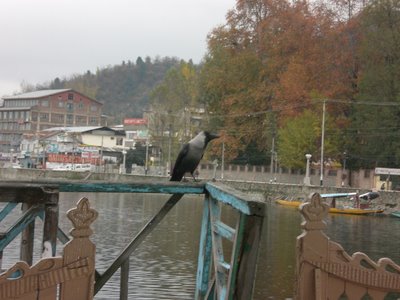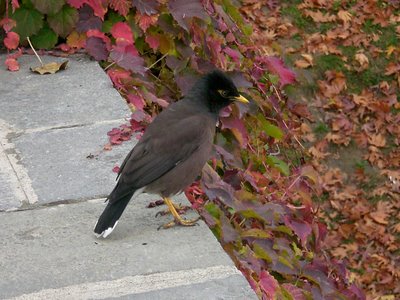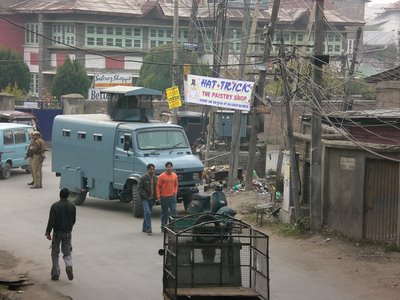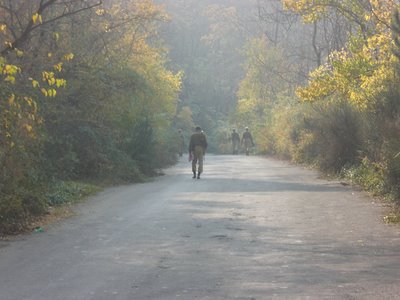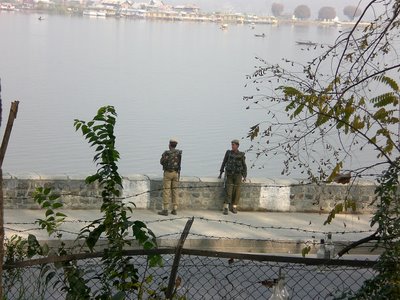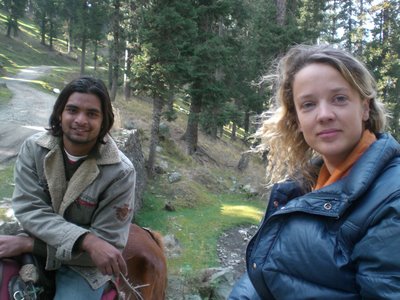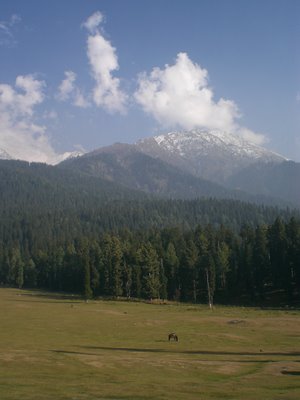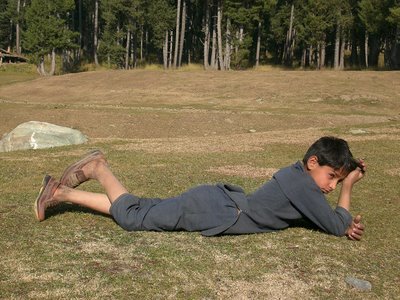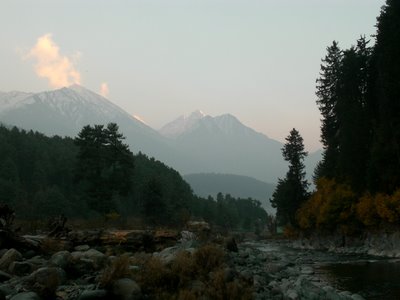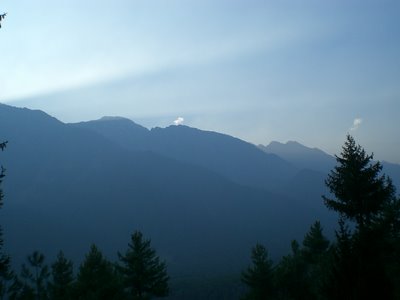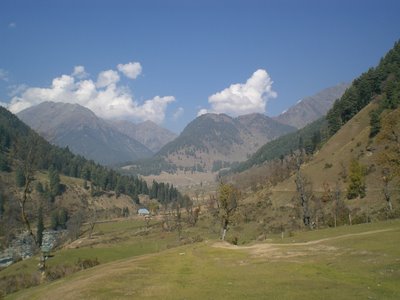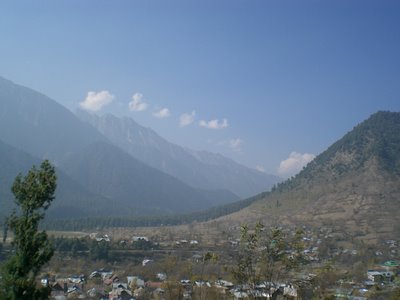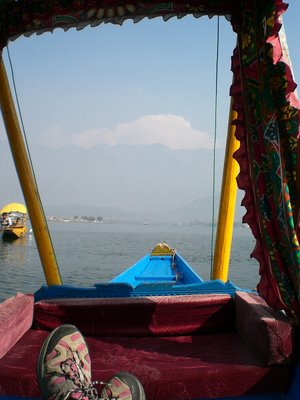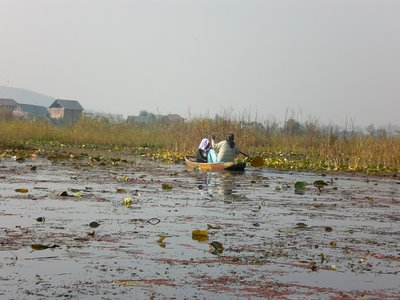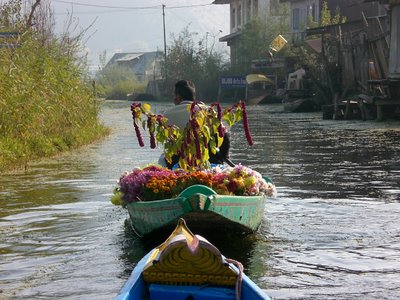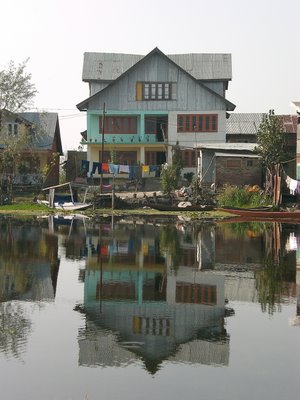His Holiness, Second-Hand
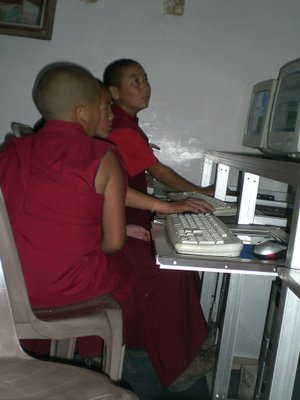 monklets, taking over the internet cafe
monklets, taking over the internet cafe
It’s a typically convoluted cultural evolution; holy mingles with human until the two become indistinguishable. The effort to separate religion and politics, god and king, is relatively recent anyhow, and the state of Tibet, led by its precious king, remained sovereign until 1950, when Chairman Mao’s army came to “liberate” them from “imperialist forces.” After nearly a decade of negotiation and passive resistance, the 14th Dalai Lama fled Tibet and established a “government in exile,” in Dharamshala, India.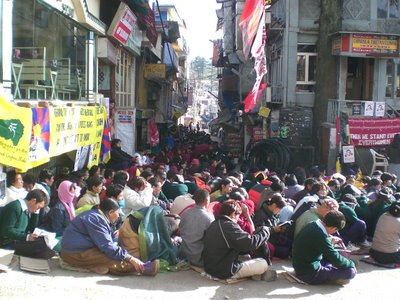 November 20 Free Tibet hunger strike
November 20 Free Tibet hunger strike
As it turns out, the precious king is here (not literally in this internet café) as I type, preparing to give a teaching. I heard of his arrival in another internet café, several days back. A German girl was Skyping (internet telephoning) with her boyfriend, who sounded like an Italian. They were speaking English. It’s amazing what people will say in public. For instance, I now know all about the power issues in their relationship. I try not to listen, but I’m easily distracted, so I got one piece of information that I actually wanted; the Dalai Lama would be giving teachings at the Dharamshala temple from November 23rd to November 27th, and all you had to do was go to the social welfare office and register. The next day, I hunted down the office, and read the notices on the wall. One said:
“Unlike other teachings, this is only meant for those strict practitioners who have strong inclination towards the practice of Bodhicitta (altruistic intention to achieve Enlightenment for the sake of all sentient beings) and the practice of the wisdom of Emptiness. The minimum commitment is to do the daily recital meditation of the “Six-Sessions Guru Yoga.”
Well, I don’t even know what “Six-Session Guru Yoga” is, but I do know that sitting there for 4 hours listening to a bad English translation in headphones would leave me closer to irritation than enlightenment, so I opted out. That was November 22nd.
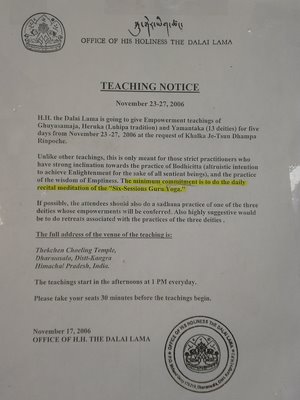
Later that evening, I was having dinner alone, which is always a great opportunity for overhearing, and again, talk was of His Holiness. So, I set myself a mission; each day, for the duration of the teachings, I’ll see if I can hear something.
Day -1; November 22
Characters
Israeli male; dreadlocked, studying Reike, smoker currently on a 21 day physical purification, between 22-25
3 Irish females and 1 Irish male; post-university, ambiguously employed, between 23-26
The four Irish people met the Israeli guy by chance in a vegetarian cafe. After some chat about the dangers of travel in India, the Dalai Lama comes up.
Irish male: Do you think he’s really enlightened?
Israeli: Yes, definitely.
Irish female: Well, what is happiness anyways?
Irish male: Ya.
Israeli: Happiness must be the opposite of suffering.
Silence, and then the conversation shifted to the best bag locks for train travel.
I have three questions. 1. Are enlightenment and happiness the same state? 2. What is suffering? 3. What are we that we are aware of happiness and suffering?
Day 1; November 23
Although Jogiwara Road overflowed with students of the Dalai Lama at 4pm, when the teaching finished, participants carrying some sort of reed, I didn't hear much talk.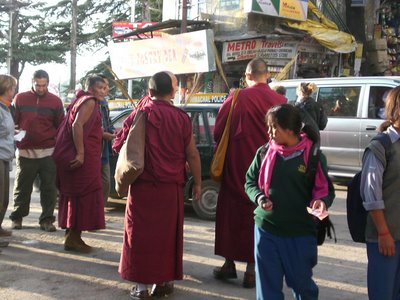
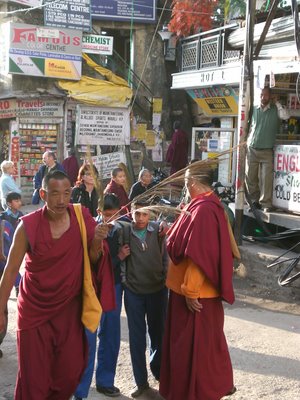
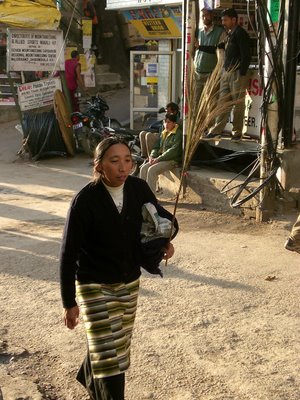
I went to a restaurant later, and there was a table full of Americans making the "things I'm thankfull for" round. They were drowning out the rest of the voices in the room, but I looked down at the table and this was written there:
"How lucky you are to have something that makes saying goodbye so hard."
This seems to address at least questions 2 and 3, and maybe even help you get at 1, if you look at it from far enough away.
Day 2; November 24
I've been a little disappointed that I'm not overhearing much about the Dalai Lama's teachings; so many people are attending, but nobody is saying anything. Maybe that's an appropriate response. I know that when I hear something profound, my first impulse is silence rather than speech.

And maybe I haven't been positioning myself correctly; I've just been going about my business, and expecting something to come my way. Yesterday, my business was Norbulingka, a center for the preservation of Tibetan culture about an hour and thirty minutes down the mountain by jeep and bus and foot. During the ride, Ben (a guy from Bainbridge Island, near Seattle) and I were talking, and he had a slip of tongue. I chose it as my teaching for the day.
“I heard some people overtalking.”
Everybody knows what is happiness and what is suffering when it is happening; it’s when we try to define them generally and out loud that things get messy. I myself am definitely guilty of overtalking.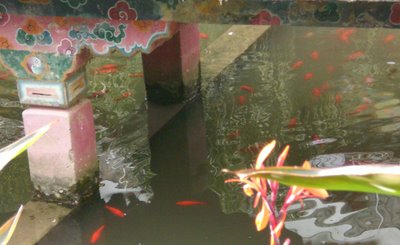
Norbulingka is the Dalai Lama’s summer palace in Lhasa, Tibet; a student there told us that the Dharamshala Norbulingka is exactly the same as the one in Lhasa, but I’m not sure of that. Anyways, it’s a serene place. There is a temple and a lovely garden, as well as a school for sewing and a school for thangka making. Thangkas are complex, ritual wall hangings, sometimes enormous and sometimes small, depicting deities, buddhas and related stories, sometimes painted, and sometimes sewn with fabrics. I saw one yesterday depicting the wheel of life (also known as the wheel of suffering); it reminded me of an Hieronymous Bosch painting with its graphic illustration of both gory and mundane details.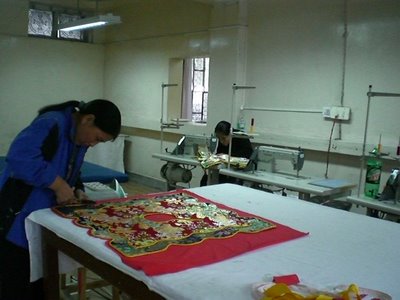 sewing a garment for traditional dance
sewing a garment for traditional dance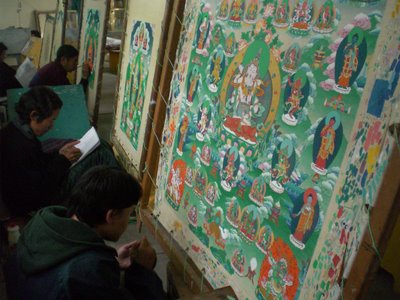 thangka school
thangka school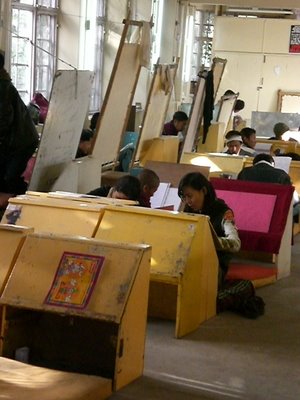 thangka school
thangka school
In Malhotra’s book, I came across a list of names which Tibetans use for the Dalai Lama:
Kyam-gon Rimpoche: Precious Protector
Gye-wa Rimpoche: Precious Sovereign
Buk: The Inner One
Kyam-gon Buk: Innermost Protector
Lama Pon-po: Priest Officer
Kun-dun: The Presence
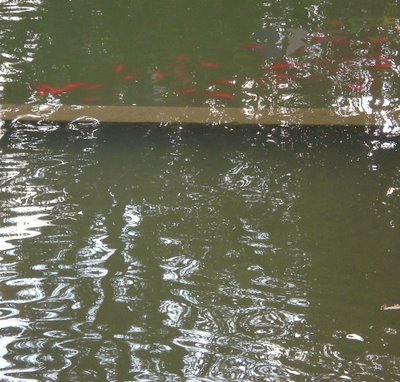
Whatever you believe about the holy or reincarnate status of the Dalai Lama, it’s clear that he’s revered, even worshiped, by Tibetans. This raises questions about freedom, which seems to be defined as democracy these days. What if a people want to be ruled by a king; are they free to be undemocratic? Are they free to worship their gods in whatever way they choose, even if this means regarding church as state?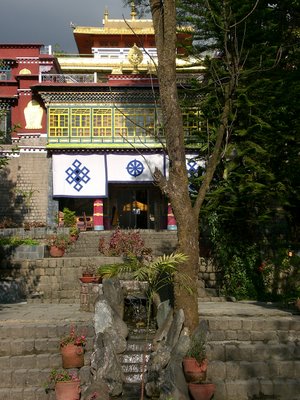

Apparently, the Dalai Lama doesn’t think political power is necessary for Tibetan Buddhism to survive. His government in exile has done an admirable job of sustaining Tibetan religion, language, and arts over the past 46 years, but he has publicly declared that he will not hold political office in the advent of the independent and democratized Tibet that he hopes to return to.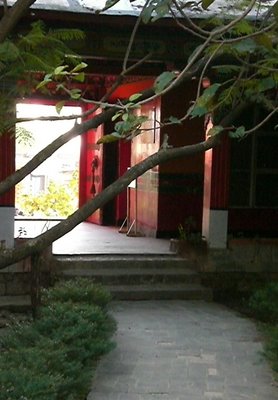
Day 3; November 25
Eating lunch yesterday, I overheard two Italian women and a Canadian man discussing the teachings of their lama. They have been studying at the same ashram, but were at the end of their retreat. As such, it was a goodbye and recap sort of conversation. The Canadian guy, a charismatic Aryan Jesus-looking type, and one of the Italian women, were quite the talkers. The other Italian woman performed the function of audience. They talked a lot about Dharma (teaching or way), and it was all mixed up with interpersonal innuendo. The thrust of the conversation seemed to lay in the subtext (the particulars of the attraction that had been developing between the two talkers), rather than the topic itself; it was rather unclear, at least to me. I thought I was the only confused one, but then the Italian woman said:
“If you don’t define the things, then there is big confusion, yah?”
They happened to have been talking about the New Age movement, and the Canadian made the point that New Agers face the peril of gaining breadth while losing depth. I wonder if this also applies to people raised on Christian symbols who turn, in midstream, to an entirely new tradition. For me, although I’m attracted to Buddhist teachings, taking it up as a religion would be as problematic as deciding that in my true nature I’m a Japanese man rather than an American woman, and then undertaking a gender change, pigment adjustment, and relocation to Tokyo. I would have to relearn everything, from the ground up; language, culture, attitude, religion, everything. Maybe the comparison is odd, but you get my meaning.
I’m aware that not every western person has (like me), had the good fortune of a religious upbringing, but this doesn’t change the context, or tradition (in the broadest sense), from which we come. It is a nutrient in the soil of our language and literature, and a source of our fears and expectations. Conversion must be possible, but it surely requires a great deal of study and seriousness.
I’m wondering if this assignment I’ve set myself (trying to overhear something relevant to his Holiness’ teachings) isn’t turning me into a bit of a weirdo. I had the opportunity to sit with the Canadian/Italian group, which I would have enjoyed, and join their conversation, but I opted to sit at another table and pretend to be reading instead. I didn’t want to have any influence on what I heard.
And speaking of reading, I didn’t actually finish The Tibetan Conundrum (half of the book is copies of official documents), but I got what I wanted, and so I’ve happily moved on to Freedom in Exile, the 14th Dalai Lama’s autobiography; he’s humble and humorous, which makes for a pleasant read.
I found his answer to my question, “What the heck is the Dalai Lama?,” in the foreward.
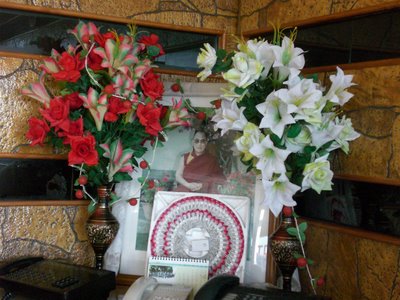
Day 4; November 26
I continue to be disappointed on the Dalia Lama teachings chit-chat front, so yesterday I changed my position, physically and mentally. Around 4pm, I walked down to the temple and stood outside listening to the pause-punctuated rhythm of His Holiness' voice for a while; everything he says sounds like a question. I came across this description of his education in Freedom in Exile.
“Fundamental to the Tibetan system of monastic education is dialectics, or the art of debating. Two disputants take turns in asking questions, which they pose to the accompaniment of stylized gestures. As the question is put, the interrogator brings his right hand up over his head and slaps it down on to his extended left hand and stamps his left foot on the ground. He then slides his right hand away from his left, close to the head of his opponent. The person who is being asked questions remains passive and concentrates on trying not only to answer, but also to turn the tables on his opponent, who is all the time pacing around him.”
This may explain his intonation, and seems like a great preparation for life; conversation is never comprised solely of words, there are always cues, other ways of communicating, going on, and they can lead a person away from the point of the matter.
Around 4:20pm I found a shop positioned on the main road leading from the temple to the town, and I sat myself down inconspicuously on the porch, ready to see who came from the teachings. I put my camera on my knee, and took some video, which is too large to upload to this page. The pictures here are stills from the videos. The white and yellow building in the background is the teaching venue.

I had changed my position physically in hopes of finding something closer to what I was looking for, to no avail; yesterday was the most wordless day yet. So, I expanded the perimeters of what I could consider a teaching, and the most noteworthy thing seemed to me the fact that there are people, in the modern world, alive right now in the midst of this indecipherable mess of possibility and information, who have enough faith in a particular story of being to dedicate their lives to the institutions springing from the story.
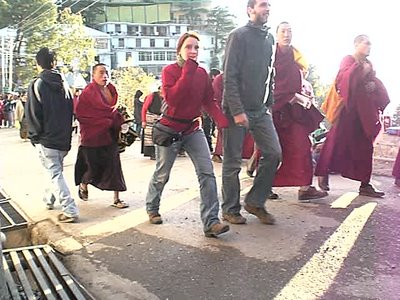 I’m sure that for some of the monks it is just a matter of circumstance, a way of life and a situation that they were born into; but there are just as surely many who consciously choose to believe what they believe, and live accordingly, in spite of other options, or other evidence.
I’m sure that for some of the monks it is just a matter of circumstance, a way of life and a situation that they were born into; but there are just as surely many who consciously choose to believe what they believe, and live accordingly, in spite of other options, or other evidence.
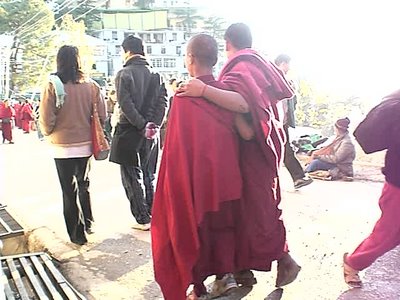
In a foreign land, watching shaven-headed strangers robed in red meandering up a road after a 3 hour religious ceremony, I’m moved in a way that I’m not by a Sunday morning church service in my own country. I have plenty of faithful Christians in my own family, and I was even one myself for a time, but now I view taking a story of a virgin birth and a resurection literally with more incredulity than admiration. Is this because I’m better acquainted with hypocrisy and the consequences of literalism in a familiar land than in a foreign one? Of course literalism and faith are two different matters too.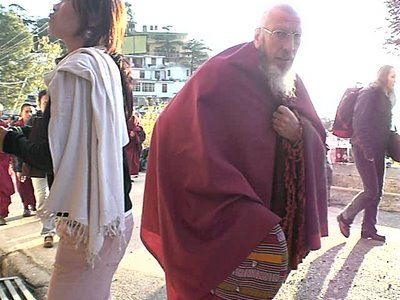
I think I need to work on asking questions more clearly before I posit any answers. In order to avoid overtalking I’ll close with the Dalai Lama’s explanation of Buddhism.
“The fundamental precept of Buddhism is Interdependence or The Law of Cause and Effect. This simply states that everything which an individual being experiences is derived through action from motivation. Motivation is thus the root of both action and experience. From this understanding are derived the Buddhist theories of consciousness and rebirth.” His Holiness of the best coffee in town
His Holiness of the best coffee in town
Chew on that for a lifetime or two.
Day 5; November 27
I did some more thinking about my attraction to foreign religions and my indifference to familiar ones, and the primary distinction that I make between the faithful coming from a Buddhist service and those coming from a Christian one is (I’m ashamed to say) superficial. It’s all in the clothes; aside from the aesthetic pleasure I take from robed figures in exotic climes, monks appear to have given over their whole life to their faith, taking vows and divesting themselves of most of the trappings and errands of secular life, while Sunday morning churchgoers, in their everyday, modern clothes, appear only to be performing one more duty in a week full of worldly cares.
My attraction to monastic life has always been strong, in accordance with the extremes of my nature. When I was in college, I spent several weekends at nunneries, and even considered joining one. By that point, I wasn’t even a practicing Christian, and I had never been a Catholic, but I was attracted to the discipline, the ritual, and the resulting peace of the place. Of course, I also thought about joining the military a few times.
It occurs to me now that perhaps it is more difficult to lead a religious life while being a part of the secular world. Maybe it is easier to be a faithful monk than a faithful shopkeeper. Maybe there are some admirable people coming out of church on Sunday morning. Of course there are; there are faithful, steadfast people everywhere, keeping the world from falling apart, while people like me wander around staring.
My find for the 5th and last day of the Dalai Lama’s teachings is something that I overheard myself saying. At 9pm last night I tuned in to see GoldenEye, the first of the Pierce Brosnan Bond films. Before the movie began, the channel was advertising its December film series, the complete Star Wars. And it came into my mind:
"If the Dalai Lama is Yoda, then who is Darth Vadar?”
This in an attempt to avoid formulating answers to the questions I've posed. And, the last lines of The Wasteland, to close the Dalai Lama game, which has ended rather strangely.
I sat upon the shore
Fishing, with the arid plain behind me
Shall I at least set my lands in order?
London Bridge is falling down falling down falling down
Poi s'ascose nel foco che gli affina
Quando fiam ceu chelidon-O swallow swallow
Le Prince d'Aquitaine à la tour abolie
These fragments I have shored against my ruins
Why then Ile fit you. Hieronymo's mad againe.
Datta. Dayadhvam. Damyata.
Shantih shantih shantih
Epilogue
After finishing my entry for day 5 I went for a walk in the woods surrounding the temple complex. On my way back to the center of town I saw a man wearing a t-shirt. It said:
Omne Ignatum Pro Magnifico
Everything unknown is taken as formidable
